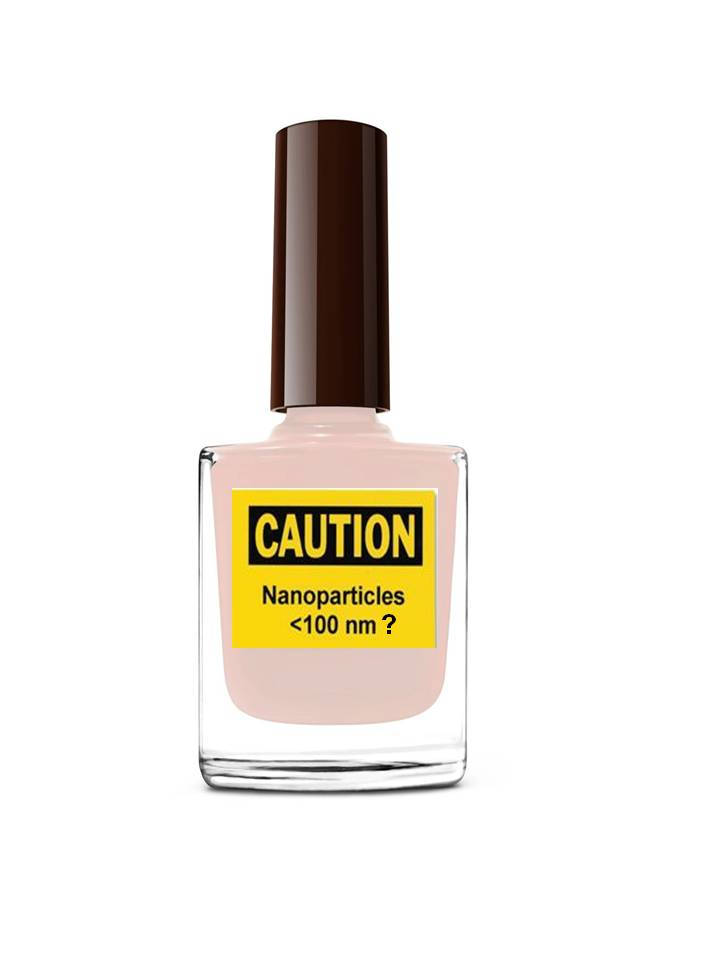
|

|
|
|
| News |
11.02.2013
Identifying nano particles in cosmetics and food products
Delft Solids Solutions, Delft, the Netherlands, is currently able to offer several techniques for examining the presence and size of nano particles and their physical, chemical and toxicological properties. The laboratory points out that nano particles have different properties compared to larger particles of the same material. This also means that they have different effects on the wellbeing of people as well as on the environment. The risks posed by nano materials have yet to be fully researched, yet there are numerous products on the market which contain them.
The food industry has several applications in which these particles are present, such as nano sensors that are able to detect if a product has been infected or is rotten, packaging material that kills bacteria and nano technology that maximises flavour but is low on calories.
Examples for the cosmetic industry are nano UV filters in sunscreen and the addition of nano particles to toothpastes, skin creams and hairspray to improve their functionality. Although laws and regulations concerning nano materials are not yet established, some new guidelines will be introduced this year. The European Commission has formulated a precise definition as to when materials and particles should be categorised as ‘nano’.www.solids-solutions.com

Delft Solids Solutions can help clients determine if their products contain nano particles and therefore must be classified as such
« Back
|
|
|
|
|
|
|
|
Copyright © 2015 Oakhill Media Ltd. All rights reserved.
|